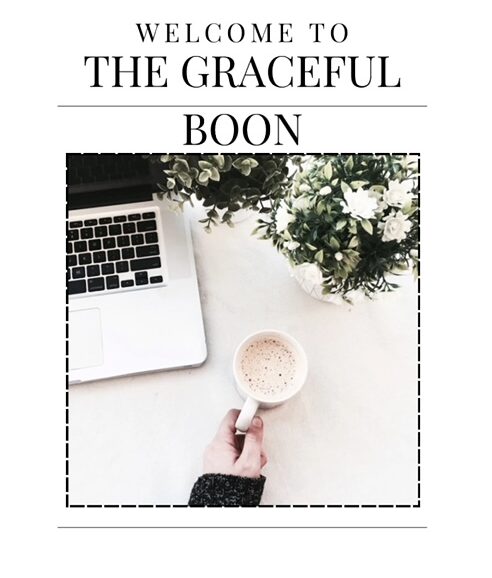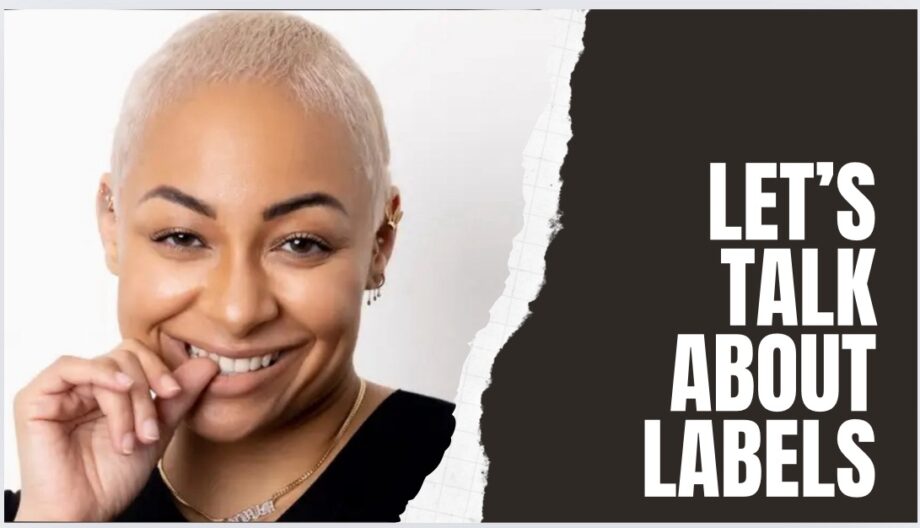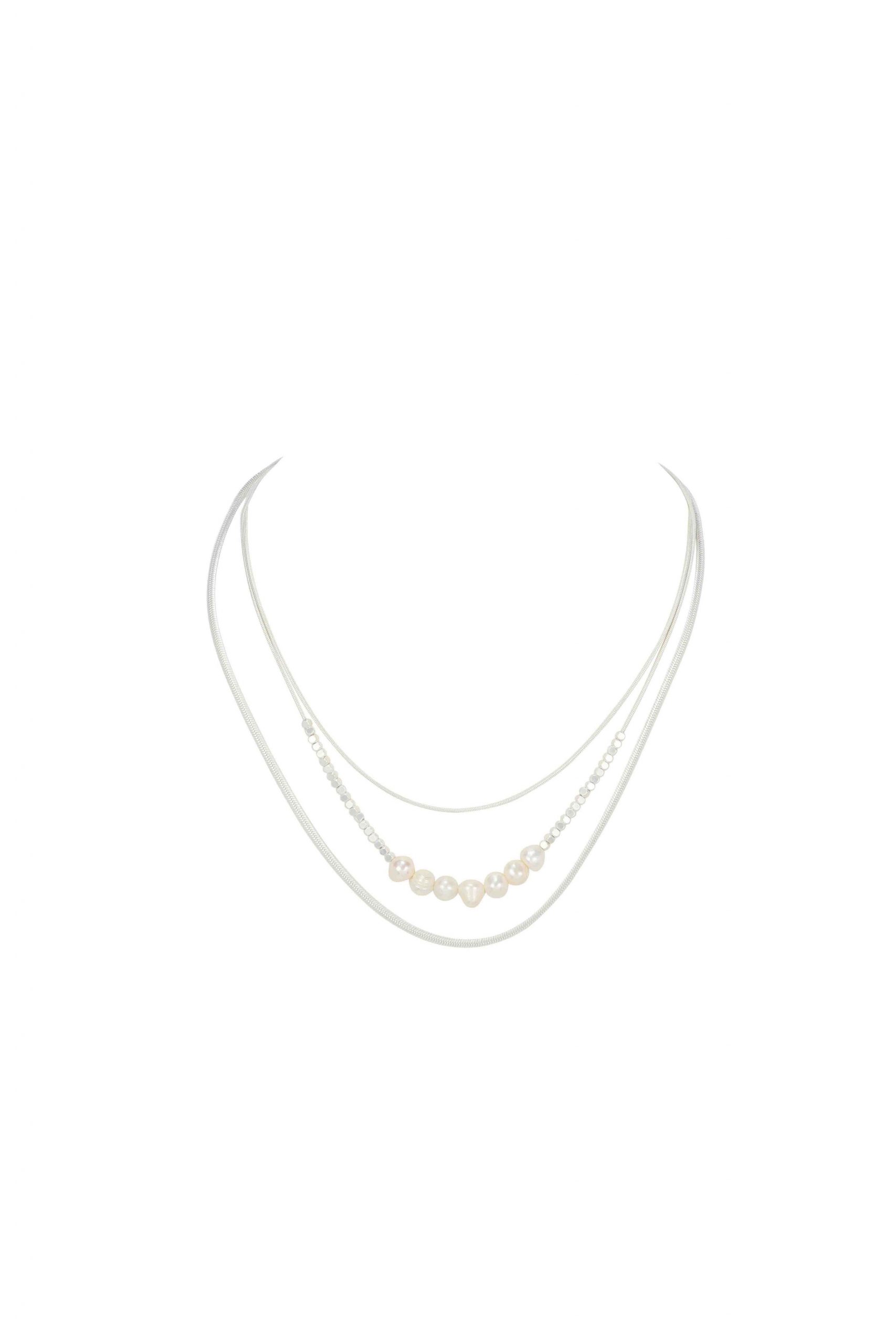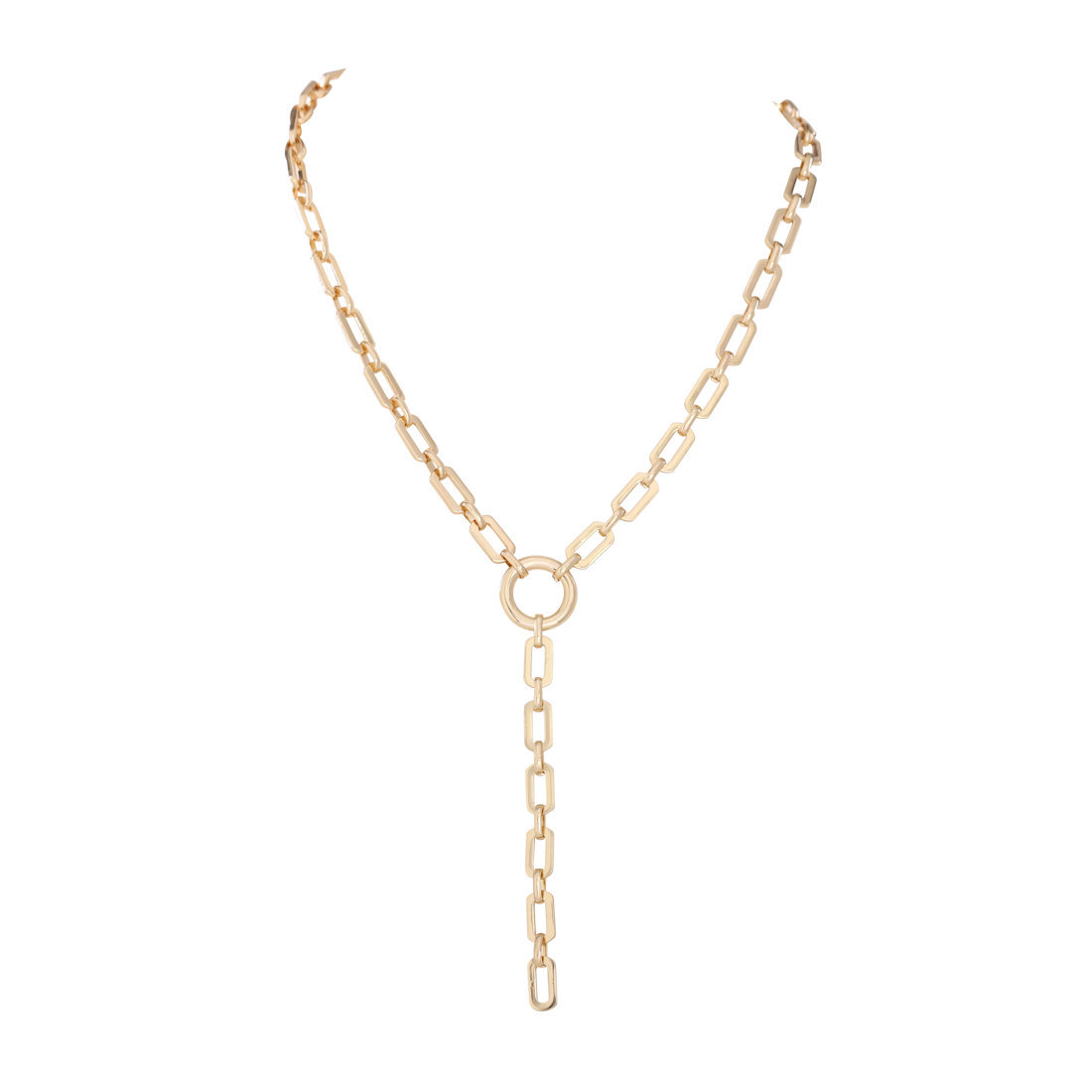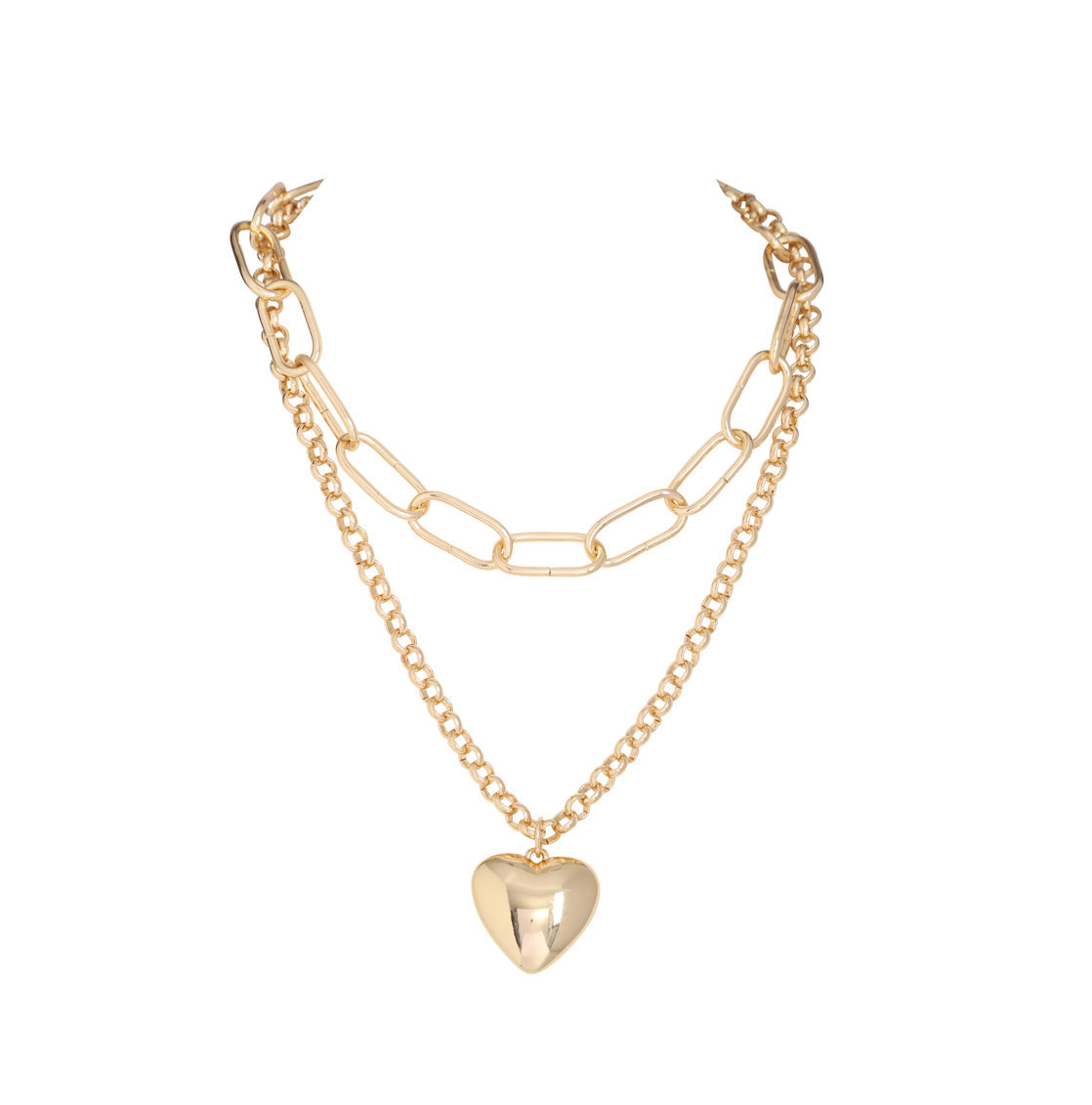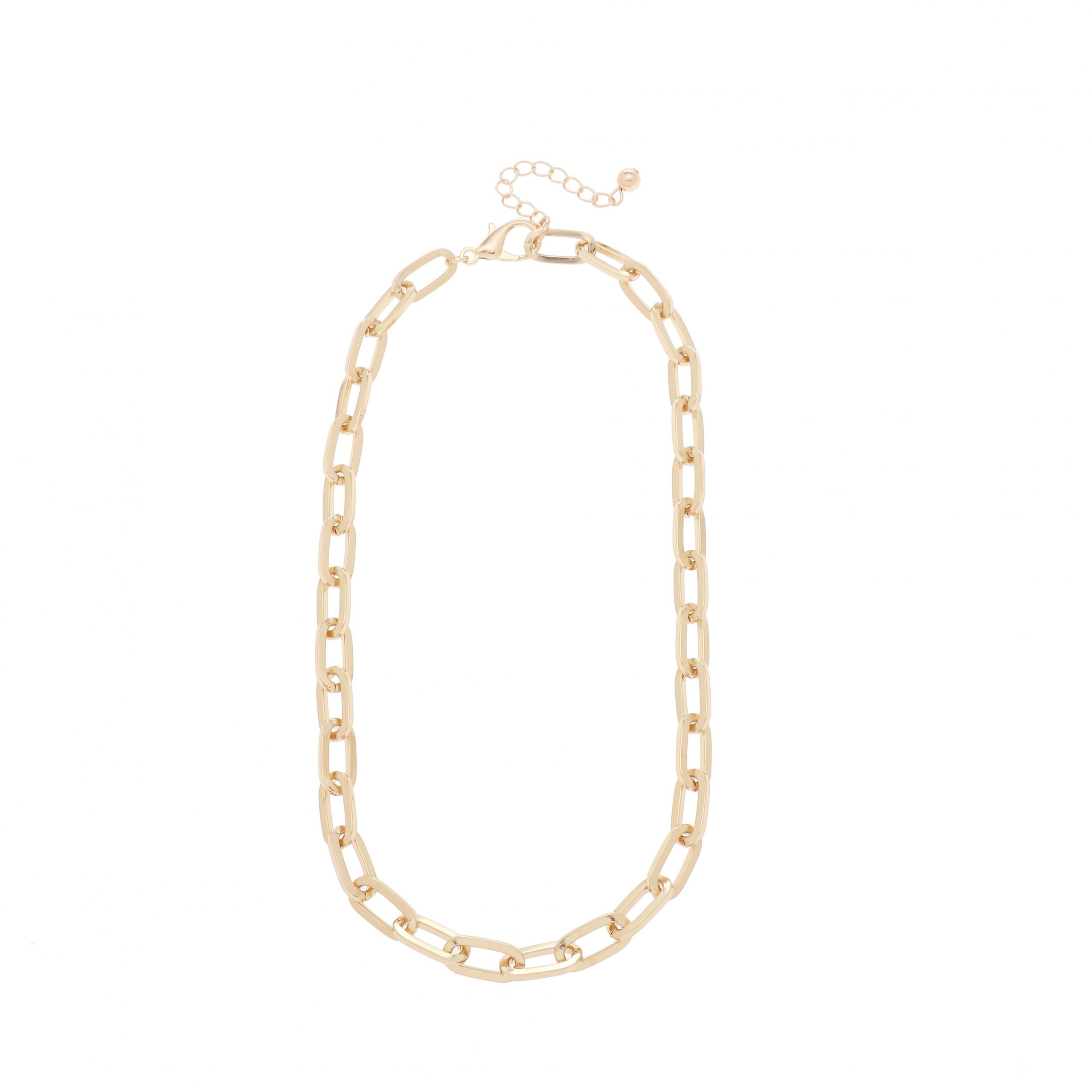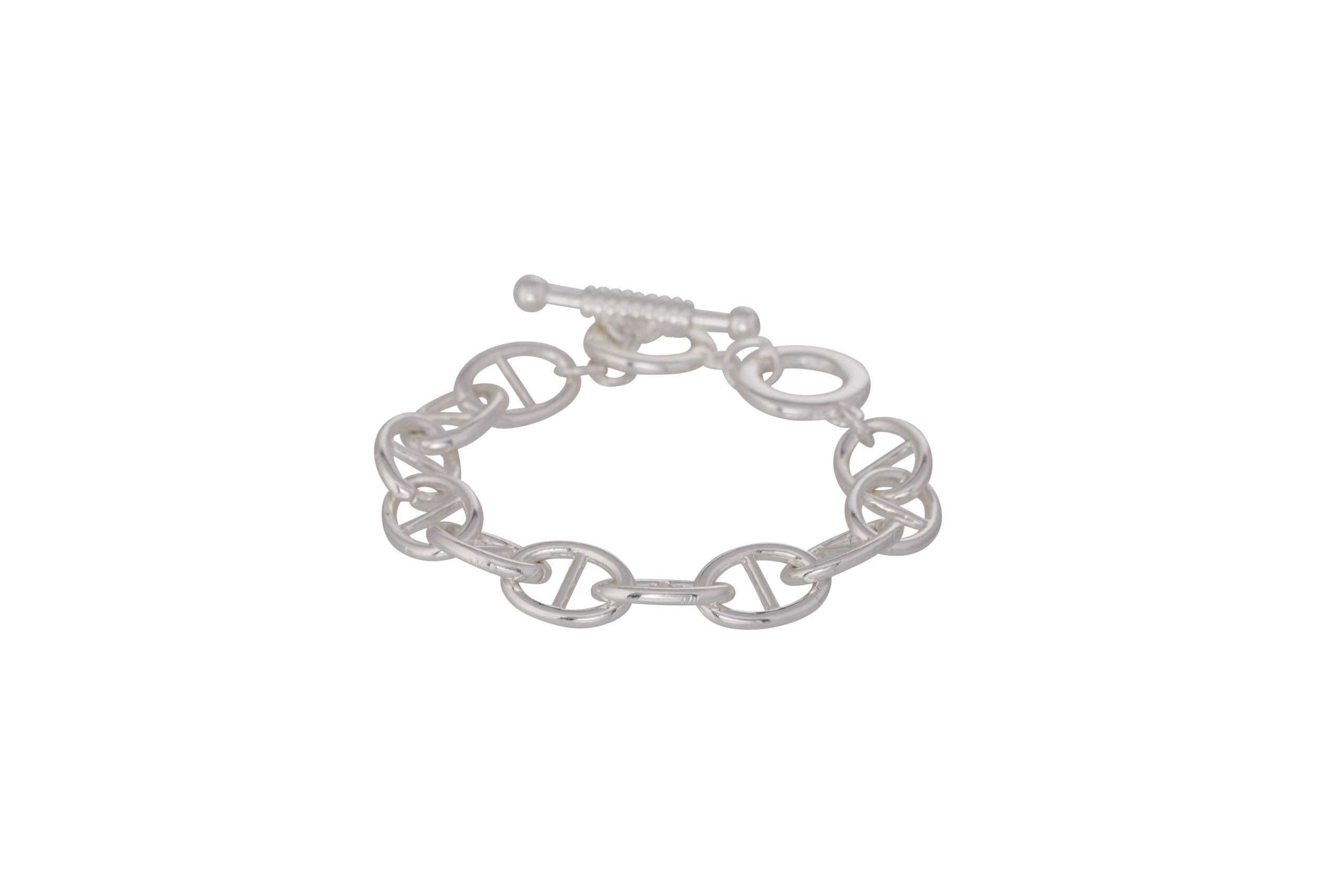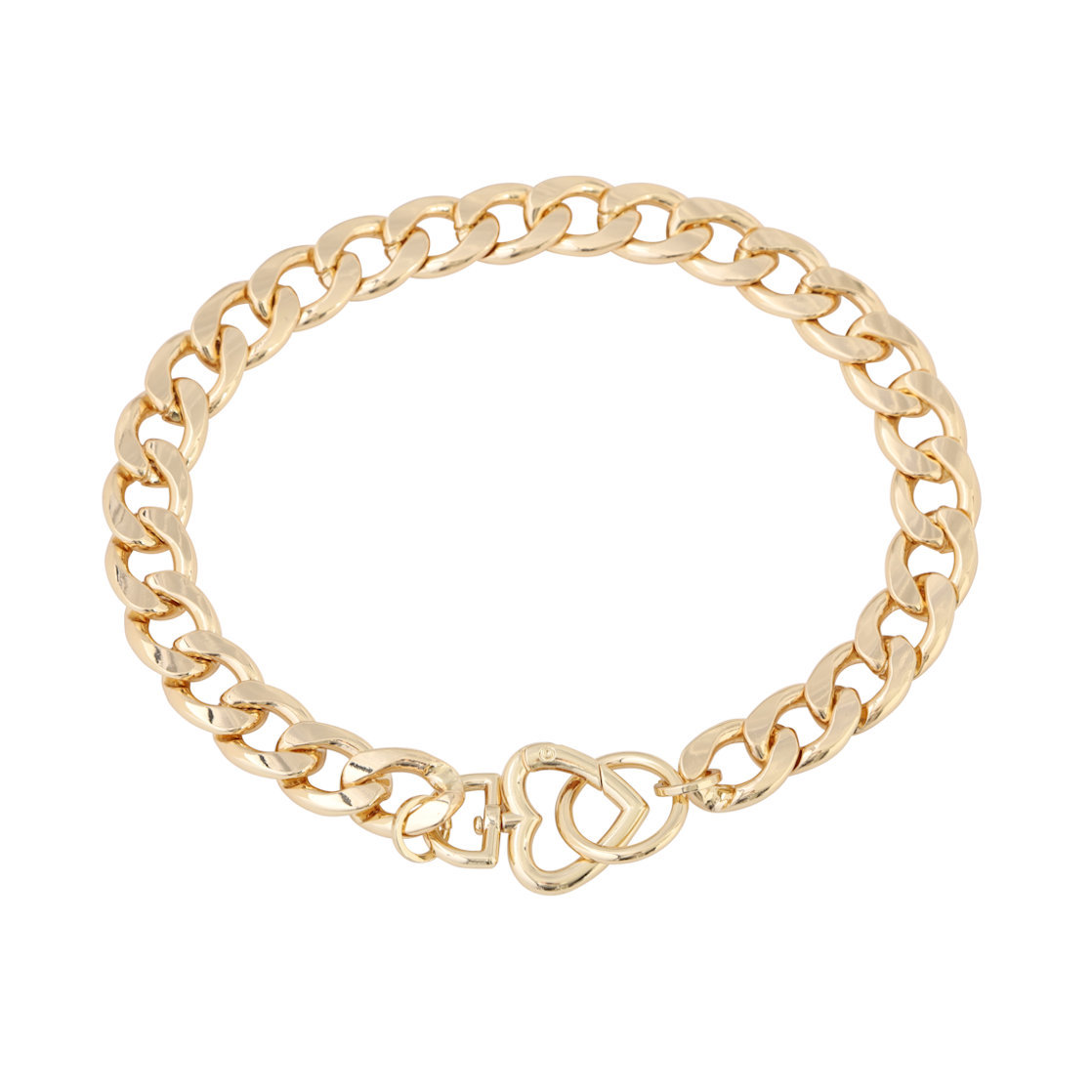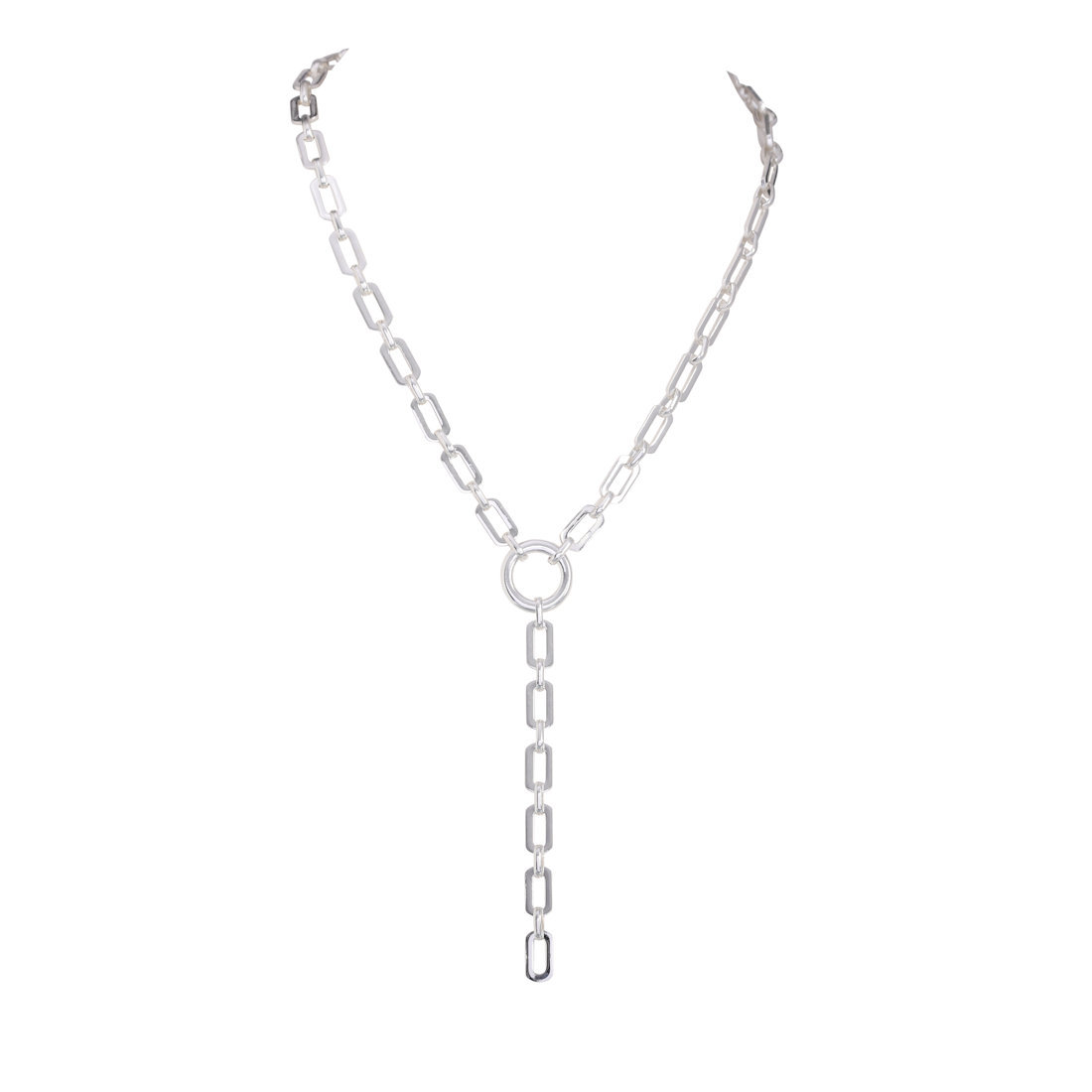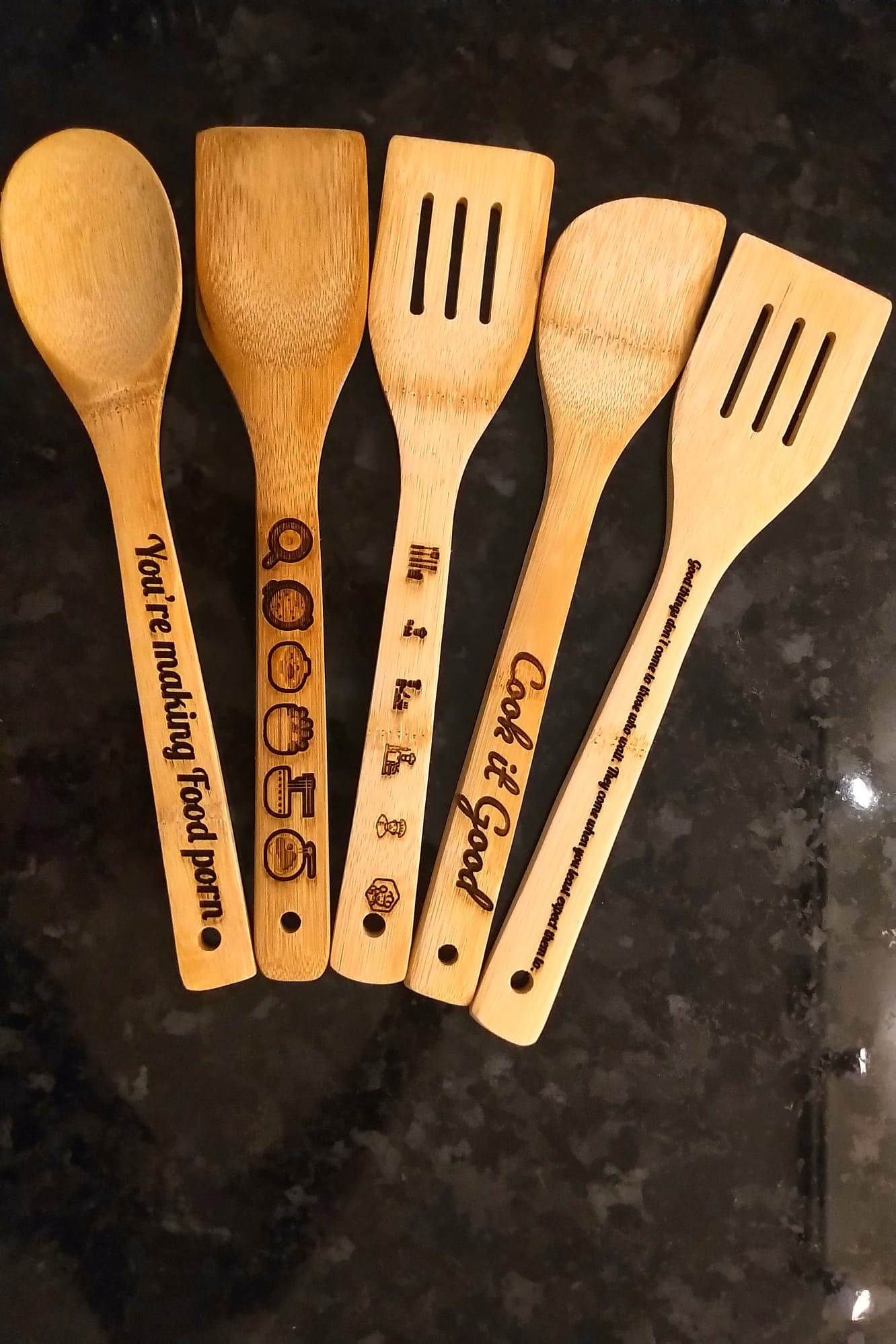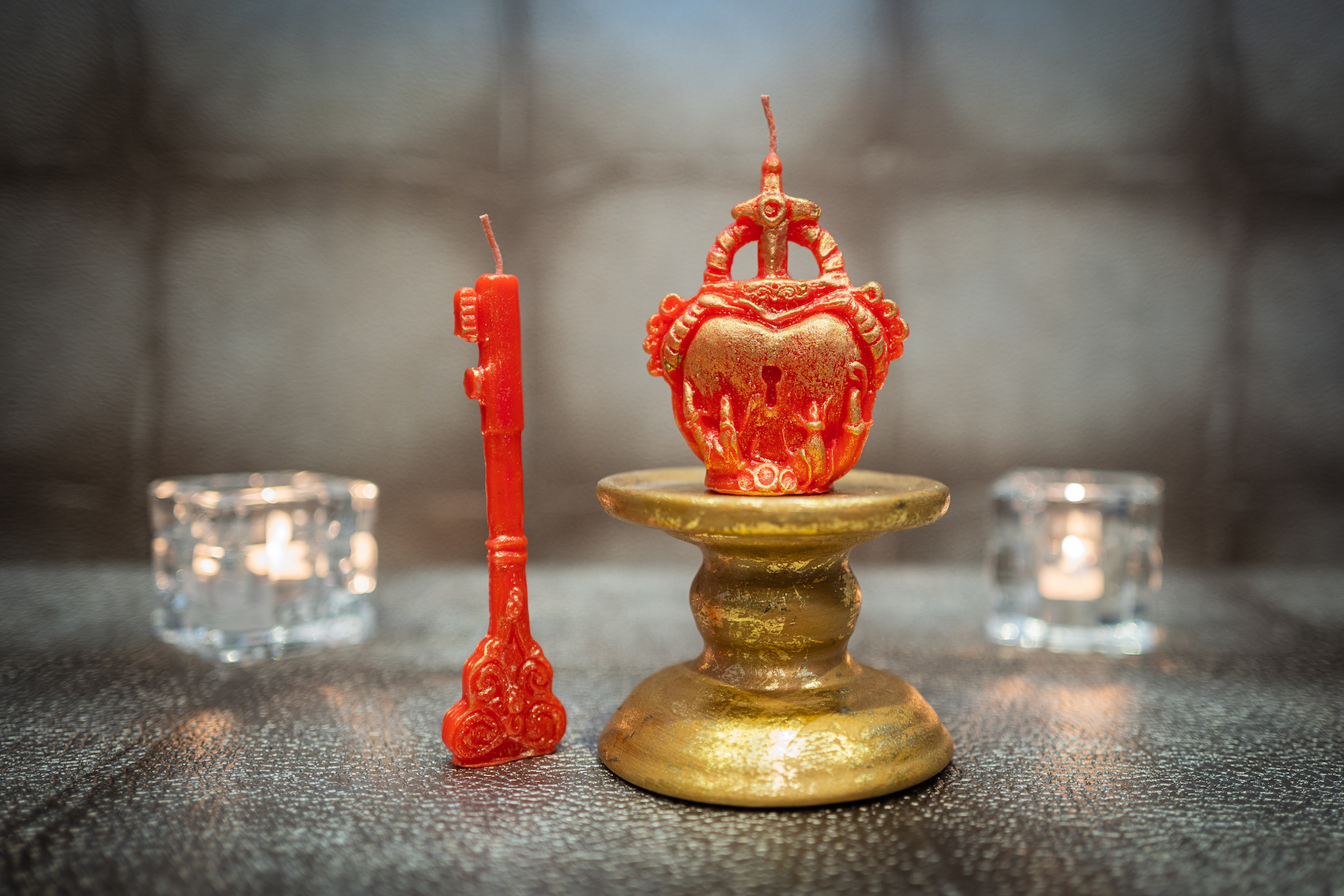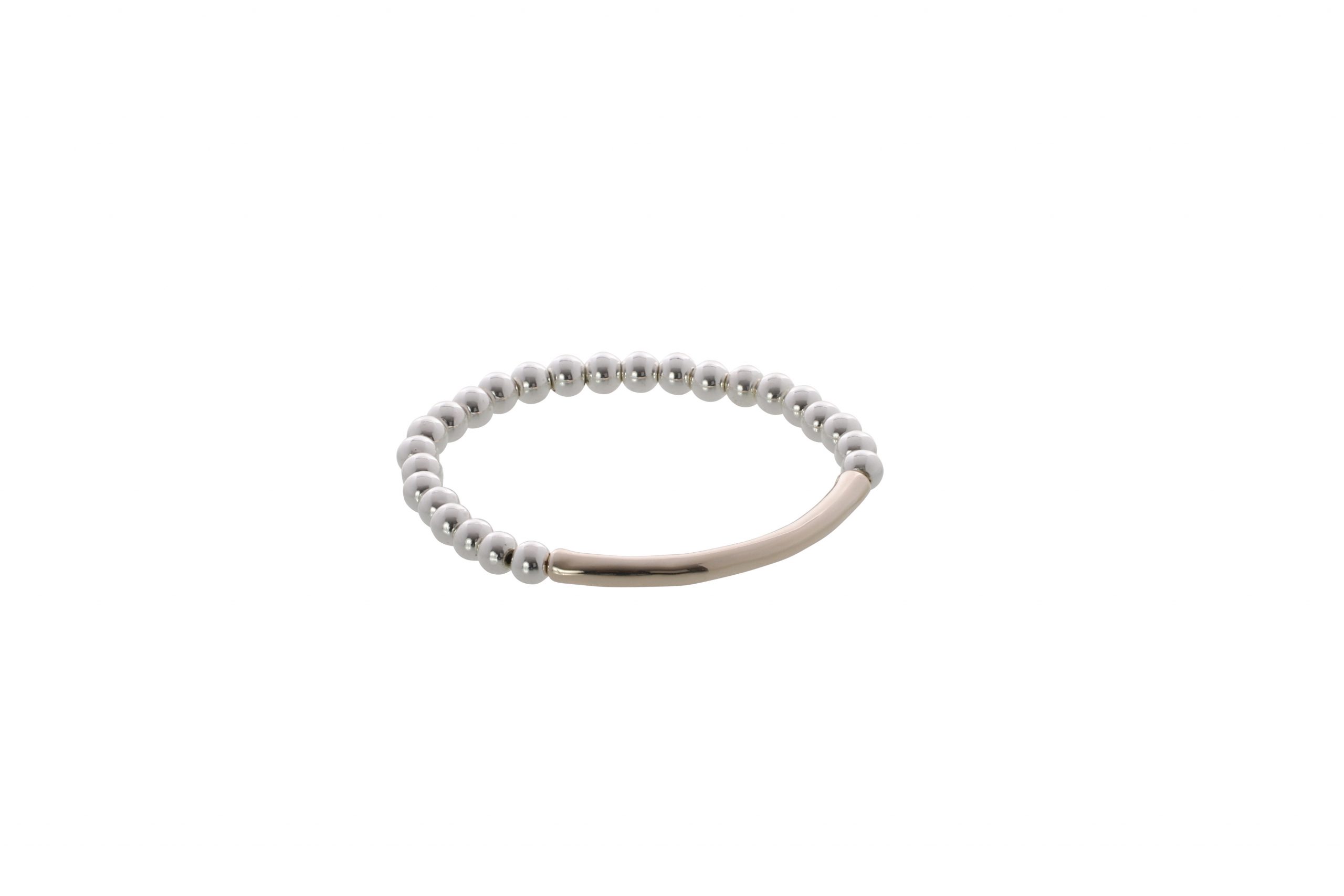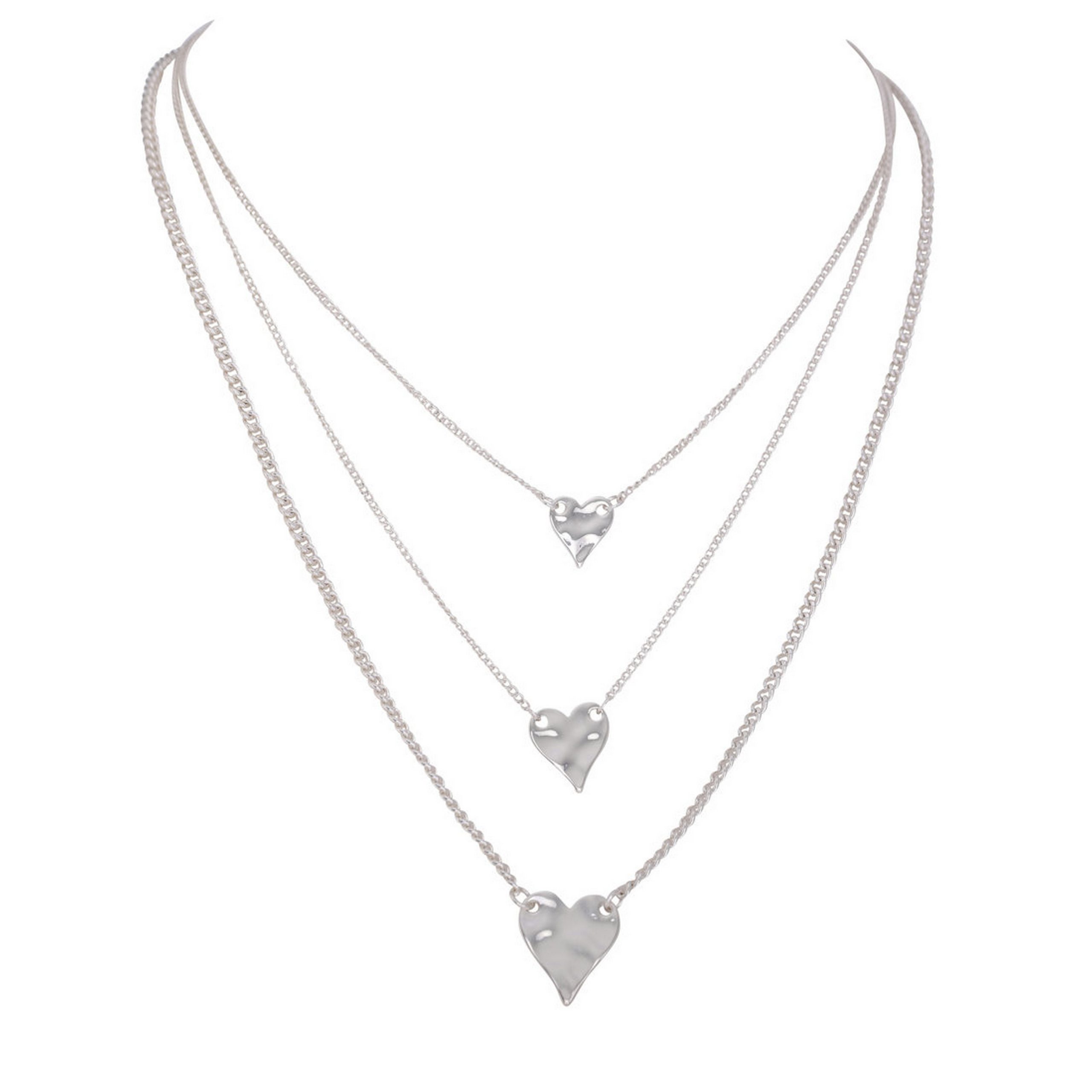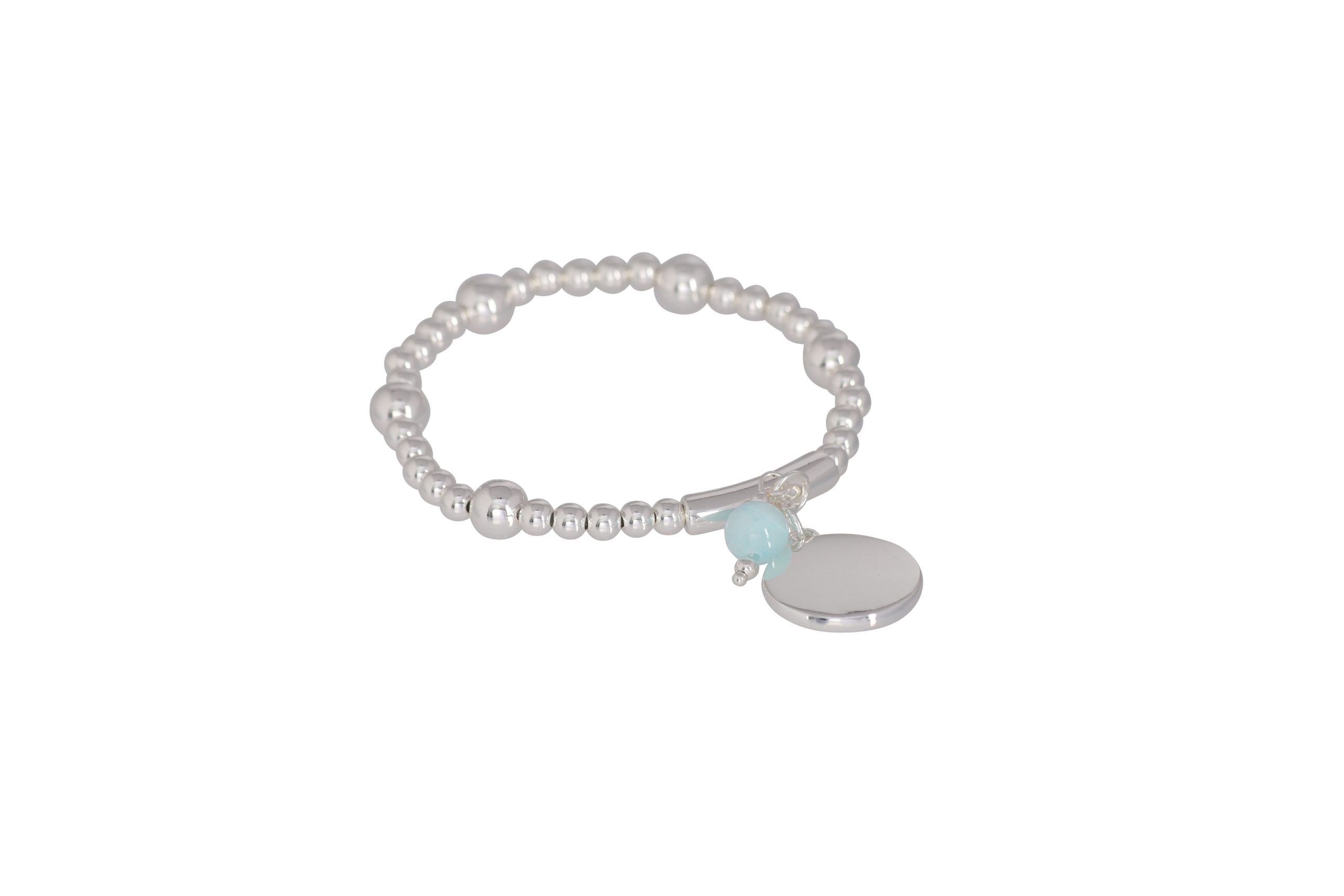It was only inevitable that Raven Symone would be my next subject matter. She caused an entire commotion when she was interviewed by Oprah Winfrey in 2014 when she revealed to her that she was tired of being labeled. Writing about Lindsay Lohan and looking back on the interview she did with Oprah as well as the entire docu-series she made in 2014 that Oprah made happen reminded me of the uproar Raven created a decade ago. And just as a fun fact, Lindsay Lohan and Raven used to be roommates.
But the question remains: WHY? Why were Raven’s comments about labels such a big deal? Why did her comments not lead to a more in-depth conversation about labels instead? To rewind a little bit, Raven said to Oprah, ‘I’m tired of being labeled. I’m an American, not an African American. I don’t know where my roots go. I don’t know how far back [they go] and I don’t know what country in Africa I’m from, but I do know that my roots are in Louisiana.’ Oprah then said, ‘Oh girl, don’t go set Twitter on fire.’
And it did. It did set Twitter, now known as X, on fire. The world was outraged with Raven Symone. How could someone of her status and privilege ever deny her roots? People certainly had opinions. Raven, on her part, continued sharing her views on life and such when she was part of ‘The View panel between 2015 and 2016. And she would’ve continued partaking in the panel if it weren’t for ‘Raven’s Home’, another Disney reboot. This time it was a continuation story of ‘That’s So Raven’, a series that aired for four seasons between 2003 and 2007. It was a show that jumpstarted Raven’s career.
And though Raven could’ve easily forgotten and not gotten back to her 2014 commentary on labels, she did just that earlier this year on her shared podcasts with her wife, Miranda Pearman-Maday, ‘Tea Time with Raven & Miranda’. Raven said, ‘I wanna talk about something that has haunted me since 2014. When that aired, I felt like the entire internet exploded and threw my name in the garbage. There was so much backlash from my community and others that misunderstood, slash didn’t hear the exact words that I said. And the exact words that I said is that ‘I’m an American, not an African American. A lot of people on the internet thought I said that I wasn’t Black, and I never said that. There’s a difference between being Black and African.’ Miranda then chimed in, ‘I think it makes so much sense, because I don’t go around introducing myself as a Welsh American or as an Italian American. My mom was born here, so I’m an American, for all intents and purposes.’
The 2014 interview was supposed to be where Raven would come out as a lesbian. But she backed out at the last minute as she didn’t want to be labeled as gay. So instead of coming out as gay and allowing anyone to put a label based on her sexuality, she discussed labels as a whole with Oprah and discussed how she didn’t want to be labeled at all. And obviously, it backfired. She created even more of a commotion than she would’ve if she did go through with her initial plan to come out as gay.
Raven being a lesbian wasn’t anything any of us didn’t know. It was already common knowledge. She just didn’t say it herself. People around the world were talking about it. And that was all the world was talking about when it comes to Raven Symone – her sexuality that she didn’t even open up about herself. And that’s a big issue in our society. I’ve talked about this previously on this blog, particularly when I wrote about Taylor Zakhar Perez and Nicholas Galitzine and their ‘Red, White & Royal Blue’ characters. Every queer person has the right to come out on their own timeline, and every person has the right not to come out at all.
Though everyone around the world was judging Raven, I understood where she was coming from. She didn’t want people around the world to only see her as a gay, black woman. She didn’t want to be a token. Instead, she wanted to be seen as a human. I resonated with Raven’s comments on labels. I myself am constantly labeled based on me being a disabled woman. But I don’t just want to be known for my disabilities. I’m more than just a woman who has cerebral palsy and epilepsy. I’m a human.
I wish more people saw people with disabilities, or disabled people, however you want to call us, as just humans. But that’s just not the case, at least in our generation. That’s why I I’m now teaching my son that disabled people are just people, and they shouldn’t be labeled as such. I do that with the help of movies, specifically Sabrina Carpenter’s ‘Work It’. There’s a scene in the movie where disabled people are dancing, so when that scene comes on, I make sure to explain to my son that people with disabilities can dance too, because they’re not limiting themselves because of their disabilities. I want him to see that someone having a disability doesn’t make them any less of a human.
Looking back on Raven’s comments on labels reminded me of the Netflix series, ‘Special’, which was created by Ryan O’Connell, who is a gay man living with cerebral palsy. In his 2022 essay for Time Magazine, he wrote in part, ‘When you’re born disabled, society immediately castrates you.’ In his essay, O’Connell was specifically referring to the stigma surrounding disabled people having sex. But the fact of the matter is, disabled people are immediately put in a box in life as a whole; not just sex.
An acquaintance of my husband also has cerebral palsy, like me. He works as a car salesman, and has successfully worked as such for many years. For the most part, his customers have all been very happy with his services. But then he got a bad review from a customer who wasn’t happy with the car he purchased, and he blamed my husband’s disabled acquaintance for it. And he didn’t just blame the salesman in his review; he went on to write unnecessary ableist comments about him. His commentary included things like, ‘What is a handicapped cripple doing selling cars?’, as well as ‘Disabled people really shouldn’t be allowed to work.’ Disgusting. But I’m not surprised either.
But I find that it’s much harder for disabled women. Women in general are put under a lot of pressure. Even though it’s 2024, there’s still a notion that women are supposed to be a certain type of way. Women are to take care of their homes, their husbands, their children. And women are still expected to do all that even if they work full-time or have their businesses because it’s their duty. And women are looked down upon if they choose to live their lives differently than the norm; if they choose their careers over having children. I’ve previously written about Miley Cyrus on this blog. The main reason why she’d been so hated was because she never went along with what was expected of her. She just did what she wanted. That’s why I personally respect her so much – both as an artist and as a woman.
Now try to imagine the pressure of being a DISABLED woman. It’s a harsh reality that disabled women have a much harder time to fit into the norm. The world is just unkind to people with disabilities. I remember when I was about to immigrate to Canada, I was made to believe that it was all about equal opportunities, particularly for minorities such as someone like me; a person with a disability. Maybe that was the case back then. I moved to Canada when I was still a kid. Now, however, as an adult, I realize that it couldn’t be farther from the truth. In fact, Canada an ableist country that doesn’t provide much opportunities for people with disabilities.
This all comes down to labels. People absolutely love to go by the book and make assumptions. My father-in-law is that type of person. He’s actually very smart. The thing about him, though, is that he gets through life by the book. I met him an entire year into my relationship with my husband. We were very much in a serious, committed relationship by that point. With that being said, he’d gotten to know my life with cerebral palsy and the disability affected me on an individual basis fairly well by that point.
My father-in-law will believe anything he reads. He read somewhere that people with cerebral palsy weren’t capable of doing such things as cook, clean, take care of children, obtain an education, or find work, and he believed it. He read somewhere that people with cerebral palsy are bound to a wheelchair by 40, and he believed it. I’m not 40 yet, so we’ll see where life takes me. So far, though, I walk 3 km at a time just fine. My father-in-law also read that people with cerebral palsy aren’t capable of living independently, and their partners end up being their caretakers. My husband and I live independently, I care for our son on my own while my husband’s away at work, I have a Bachelor’s Degree in Human Resources, I’ve worked as an entrepreneur since finishing college, I clean, I cook, and my husband is NOT my caretaker.
My father-in-law put a label on me based on my disability without even getting to know me even though he had many chances to do so. If you meet him, he’ll never admit to his wrong doings. He’ll never admit he even made those assumptions about me. But that’s all on him. He has no role in my life, so he can think and assume whatever he wants. My mother-in-law is 100% the opposite of him. She got to know me as a person before she ever made assumptions about me solely because I have a disability, which is why I have so much respect for her. When my husband and I were in Israel with our son visiting family, my husband’s grandmother asked me if I needed any help holding my son. Before I could even open my mouth, my mother-in-law said, ‘She can do anything and better than all of us combined.’
BOOM!!!
There’s one thing my father-in-law was right about though; and it’s that I, in fact, didn’t get a full-time employment due to my disability. I guess recruiters only saw me as a liability to them and the companies they worked for. They couldn’t see past my physical differences. That’s why I created my own job and started working as a freelance writer after college. I’m just lucky that I have what it takes to be an entrepreneur. So many people out there, disabled or not, don’t.
And when it comes to entrepreneurship, people want to work with you FOR your story. People want to get to know you on a personal level. Most of my clients, I’d say 85% of them take a chance on me BECAUSE I’m disabled. They want to be part of my story. They want to say they were part of my success. These are two sides of the same coin. On one hand, I’m not getting hired for a full-time job because I’m disabled, and yet I’m getting work through my business because I’m disabled. It’s confusing. What if I want to do both?
I’ve also felt labeled as a disabled mom. It takes a whole mental capacity to become a mother. It also takes physical strength to become a mother. Both were things I lacked and had to learn to adapt to. That first year was a learning curve. I had no idea what I was doing most of the time, and I was so angry at the fact that it seemed to be so much easier for my husband. My son even seemed to liken to my husband practically as soon as he was born, and I f*cking hated it. I was jealous of their bond. But all I had the energy to do is learn how to hold him, feed him, change his diaper, and fully take care of him on my own without hurting him. I didn’t have time, nor the energy to bond with him.
And now, to the public and those that know me will see me as this ‘hero’ because I’m a disabled woman and had a child. I got through my pregnancy safe and sound despite me suffering two grand-mal seizures during my pregnancy. I take care of my son on my own practically with one hand. I rarely ask for help. That’s something that’s talked about on a constant basis when the subject of me being a mother comes up. I wish I wasn’t seen for my disabilities when it comes down to me becoming a mother, aside from the medical staff that took care of me while I was pregnant. Motherhood is hard work. I just did what was needed of me to do in order to take care of my son. Period.
I guess the best way I could describe my life is that I don’t feel I belong. Ryan O’Connell put it best on his show, ‘Special’. I’m too disabled to be a part of the able-bodied community, and I’m too able-bodied to be part of the disabled community. And that’s in all aspects of life; friendships, family, work; the outside world to its entirety. It’s either that I was put in a box or people around me just didn’t understand where I was coming from. It’s also a tricky situation for the fact that I have both cerebral palsy and epilepsy. These are very different disabilities that affect me differently. One affects me physically, and the other affects me emotionally and mentally.
Tiffany Haddish, a comedian who appeared in movies such as ‘Girls Trip’ with Jada Pinkett Smith, ‘Like A Boss’ with Rose Byrne, and most recently, ‘Bad Boys’ with Will Smith, recently opened up about the fact that there were two things about herself that she couldn’t hide, and one that she could. I found it intriguing, and I couldn’t wait to hear more. I was especially interested to know what it was about herself that she could hide. As it turned out, she couldn’t hide the fact that she was a woman and that she was Black. But what she could hide was the fact that she was Jewish.
Yes, you read that correctly. Tiffany Haddish is Jewish. She only found out about this in recent years as she was a fostered child. She even had a Bat Mitsva, or as she called it a Black Mitsva, when she turned 40. Of her newfound interest in culture, Haddish said, ‘I feel like more people should figure out who they really are. Find out your bloodline, what you are, study and learn from that. I’ve learned so much; I’ve been studying the Torah, I’ve been learning Hebrew.’
But it wasn’t the fact that Haddish was Jewish or that she was so invested in it that got me so intrigued. Instead, it was her saying that she could hide the fact that she was Jewish, but couldn’t hide that she was Black and a woman. It got me thinking. I was going to write about how in comparison to me being labeled at as disabled, I’m proud to be labeled as Jewish, more so as an Israeli. But I realize now that’s completely irrelevant to Raven’s 2014 point. I might be an Israeli, but I’m still a white woman. I’m still more likely to be able to hide the fact that I’m an Israeli, more than Raven would, at first glance. You would, however know I’m Israeli by my given name, which is Sagit. That was Raven’s wife’s point on her and Raven’s shared podcast episode in April.
I’m not ashamed of being a disabled woman. On the contrary, I’m f*cking proud of it. I’m proud of all that I’d accomplished despite my disabilities, as well thanks to my disabilities. I had a lot of people doubting me and my capabilities, and I proved them all wrong. I just wish more people saw me as a human rather than being disabled. My disabilities are a part of who I am. They’re not who I am. They’re not my entire personality. My life would’ve turned out differently if more people saw me as just a human, and that I’m more than just cerebral palsy and epilepsy. But don’t get me wrong; I have a great life.
The world would be a much better place if we, as a society didn’t put labels on others. Just because someone is Black, Asian, Persian, Spanish or of any other race doesn’t mean they’re bad people and should be put in a certain box. Just because someone’s gay, disabled, or of any other part of the minority spectrum doesn’t mean they’re bad people and should be put in a box. At the end of the day, no matter what our differences are, we’re all just humans. And that was Raven’s entire point.
Our Latest Posts
Sign up to our newsletter if you want to see more content from The Graceful Boon! By signing up to our newsletter, you'll get an even more in-depth content from yours truly, Stacie Kiselman, who's our Graceful Boon, that you won't want to miss out on.
